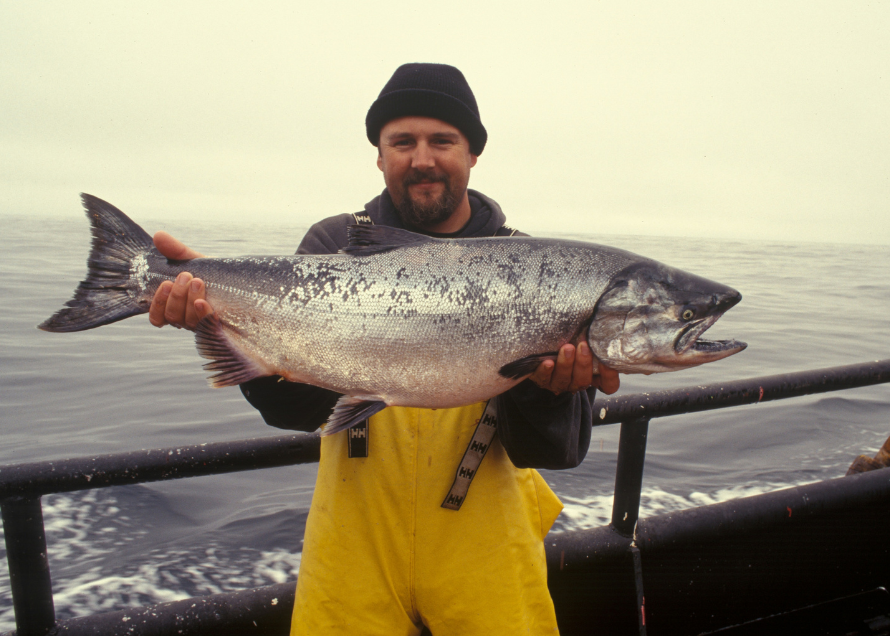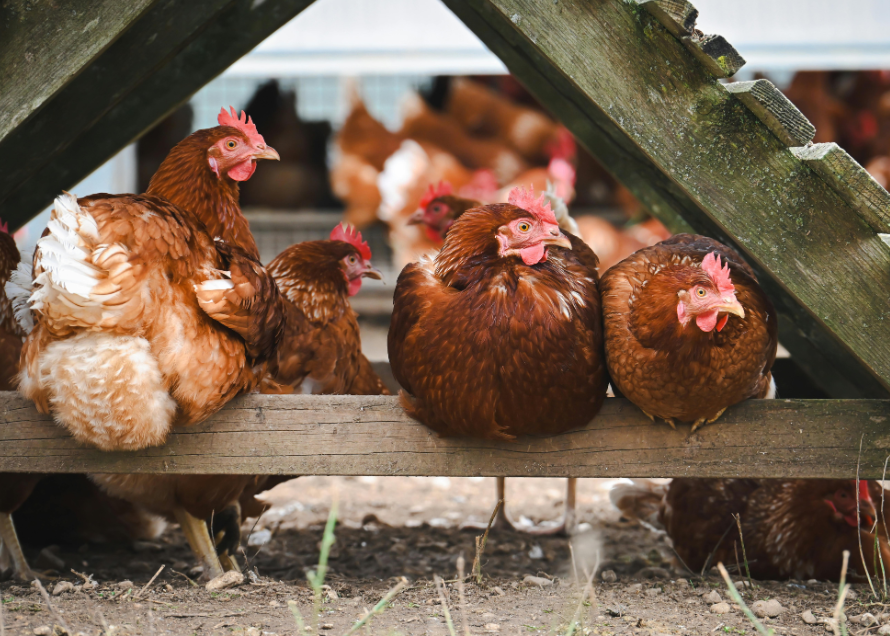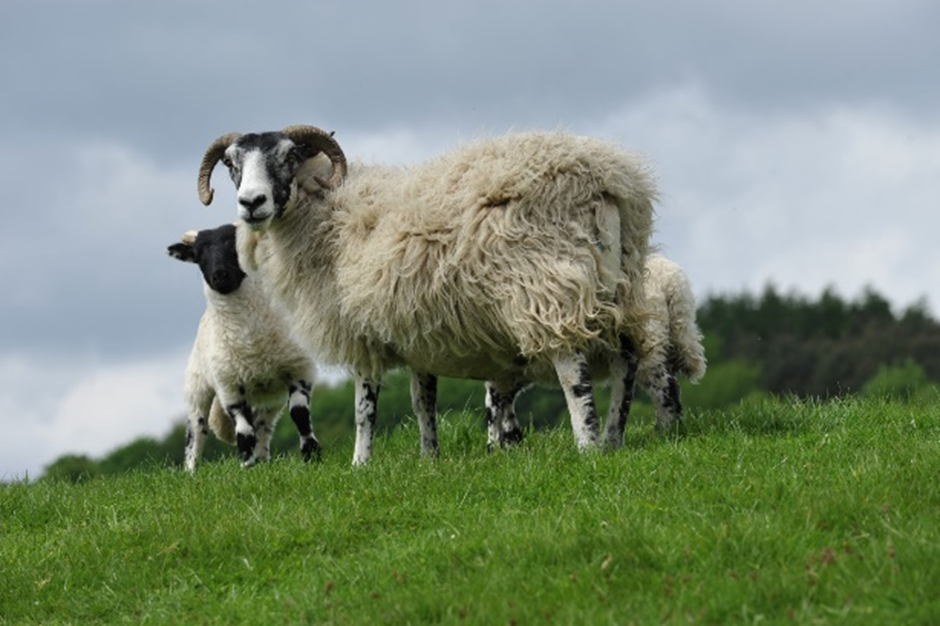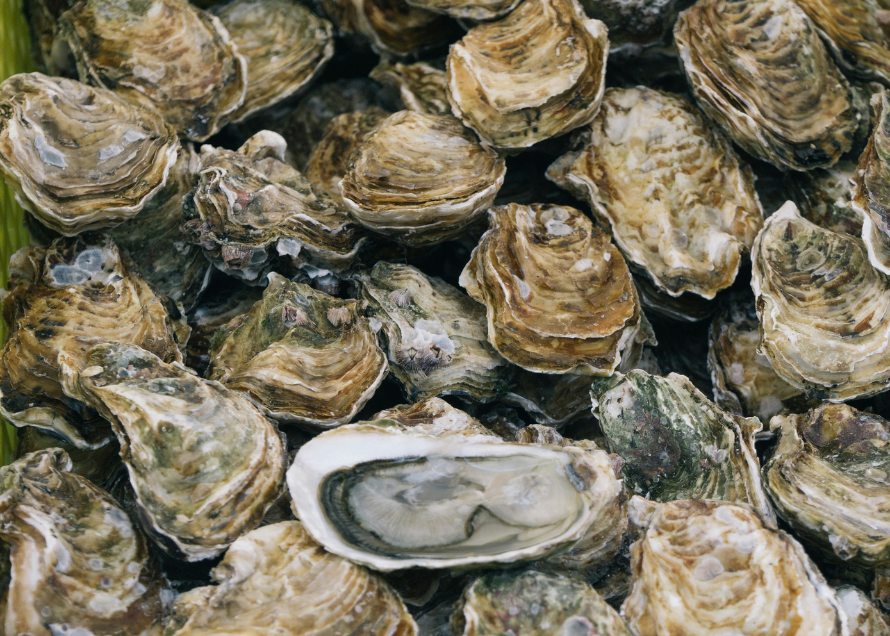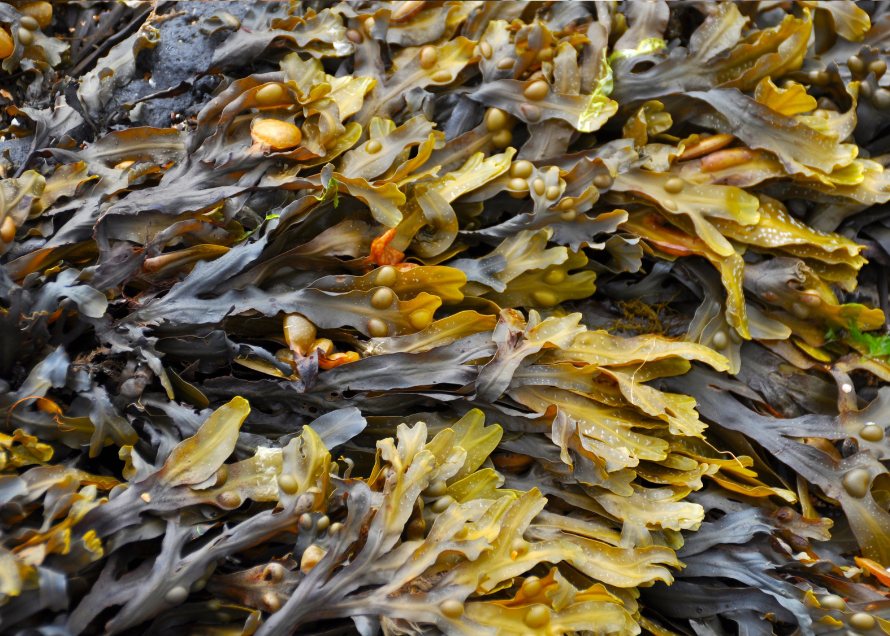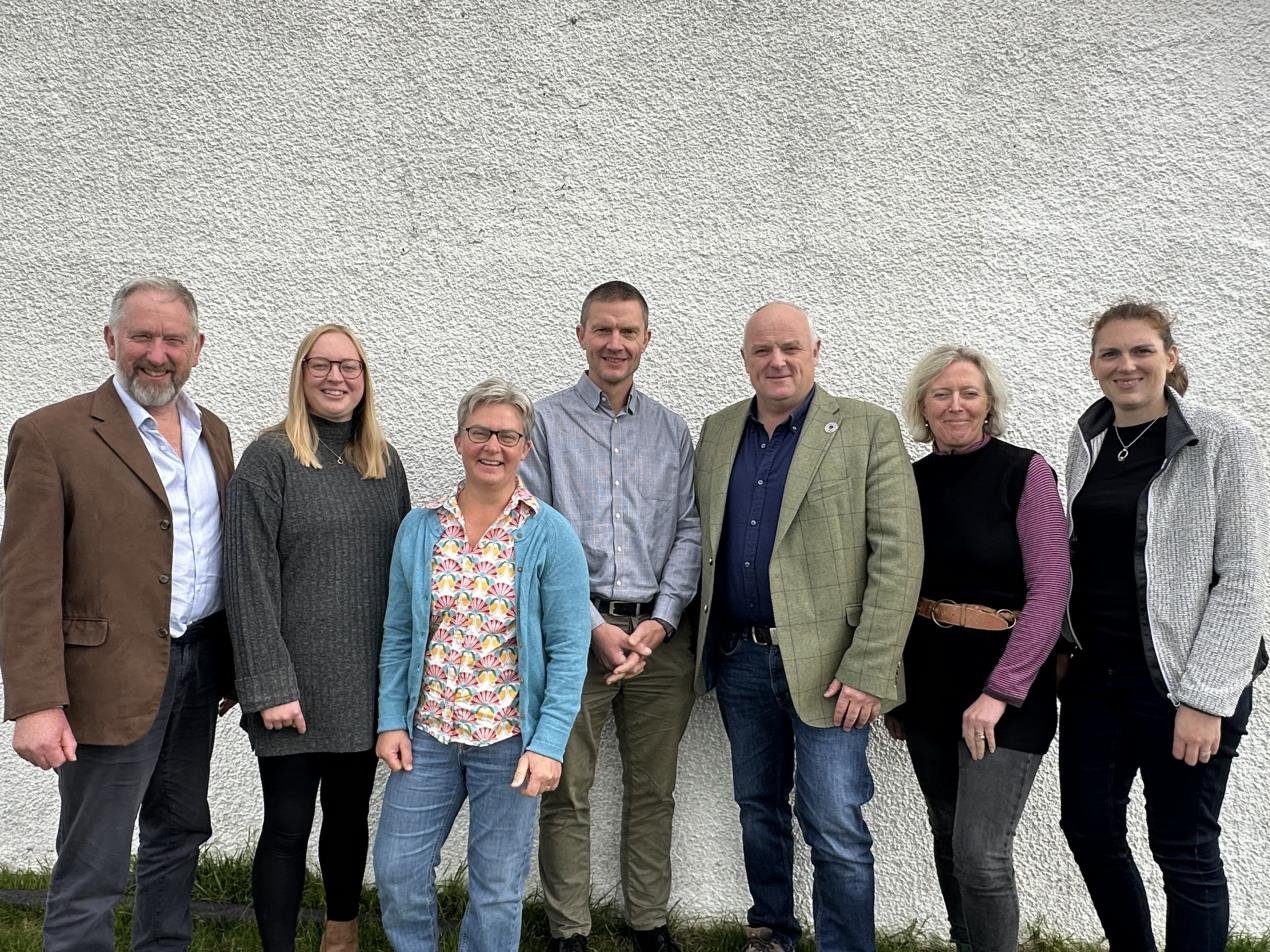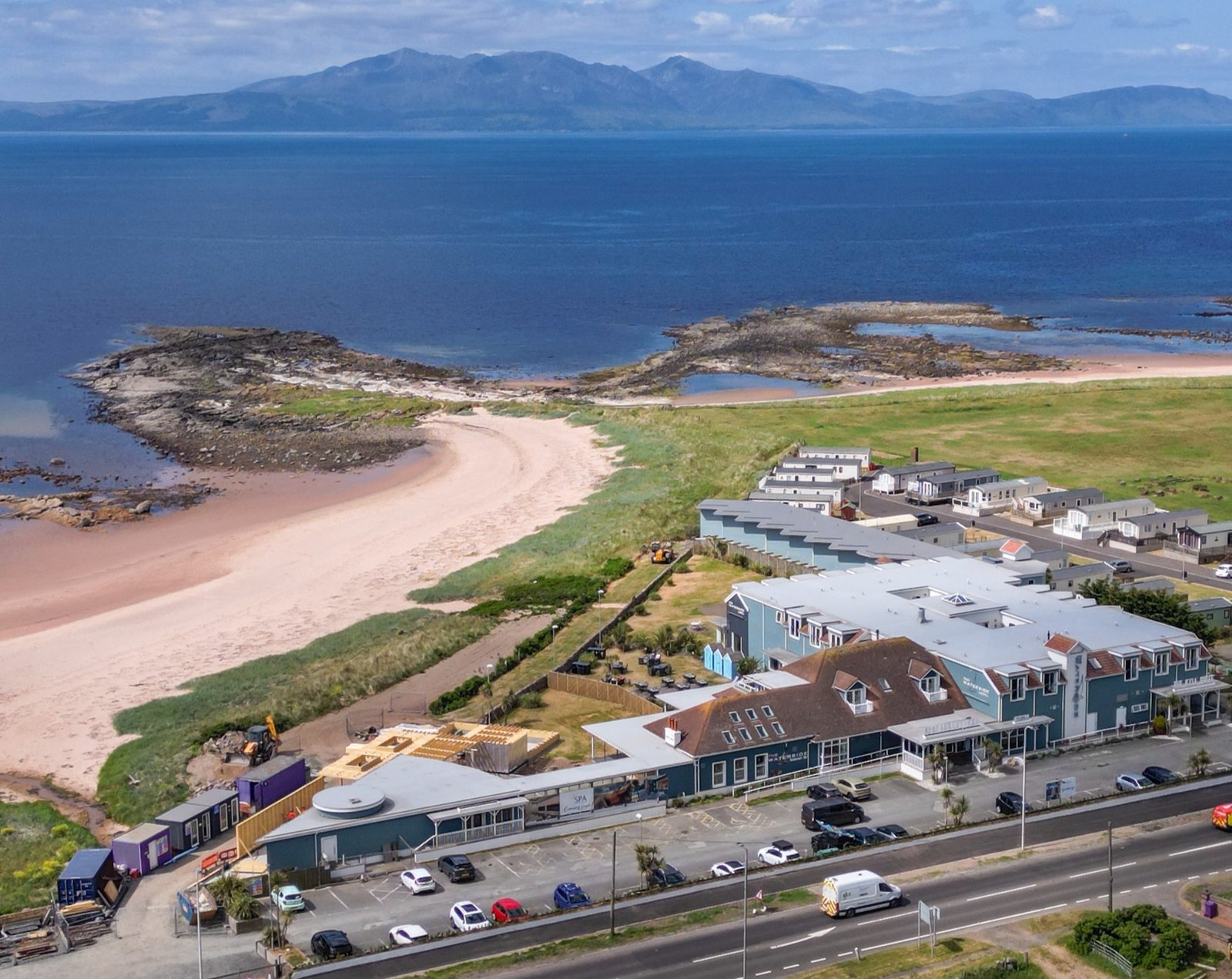Planning permission has been granted for the Loch Long Salmon farm near Arrochar, almost three years after being initially refused by the Loch Lomond & The Trossachs National Park Authority. The Scottish Government overturned the park authority’s decision following an appeal from Loch Long Salmon, with ministers noting the scale and industrial appearance of the development but agreeing it would not significantly affect important local views.
The project at Beinn Reithe will become Scotland’s first semi-closed containment salmon farm, featuring five enclosures capable of holding up to 3,452 tonnes of Atlantic salmon.
Four enclosures are designated for growing fish, while the fifth will be used for stock prior to harvesting. Key conditions include commencement within three years, a 20–24-year operational time limit, and mandatory decommissioning and restoration planning for the site. The farm must also offer electric vehicle charging infrastructure at its shore base.
Environmental Safeguards and Concerns
The facility utilises semi-closed containment systems (SCCS), trapping up to 85% of faeces and uneaten feed which is then processed ashore, aiming to minimise environmental impact and protect the loch’s fragile wild salmon population.
SEPA’s approval was partly based on these environmental benefits compared to standard net-pen farming. However, concerns persist: environmentalists, the national park authority, and local communities warn of potential risks to local wildlife and damage to the area’s natural beauty, with over 4,700 signatures collected in opposition.
Community Response and Outlook
You Might Also Like:
No related posts.
Local stakeholders remain divided. The National Park Authority stands by its original refusal, citing the risks posed by industrial-scale farming in a sensitive natural environment. Scottish Green MSP Ariane Burgess called the outcome a “devastating day for local nature and a betrayal of local people,” highlighting ongoing anxieties about wildlife disturbance and changes to the landscape’s character.
Despite these objections, ministers argue that the project’s economic benefits and alignment with national planning frameworks outweigh the policy conflicts, and have set strict conditions to regulate its future operation.
The salmon farm now marks a new chapter for aquaculture in Scotland, raising hopes for innovation but also intensifying local debate over environmental stewardship.

